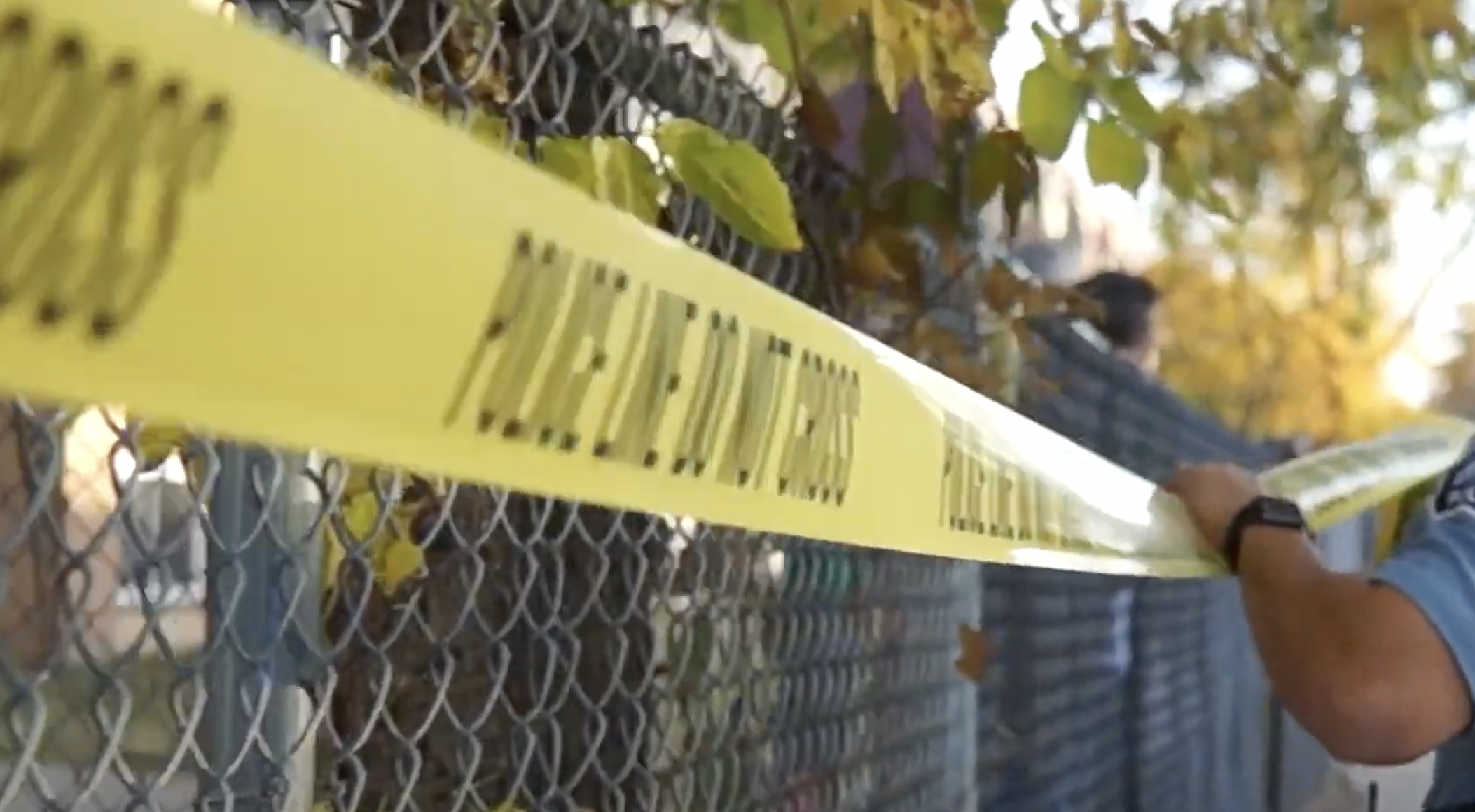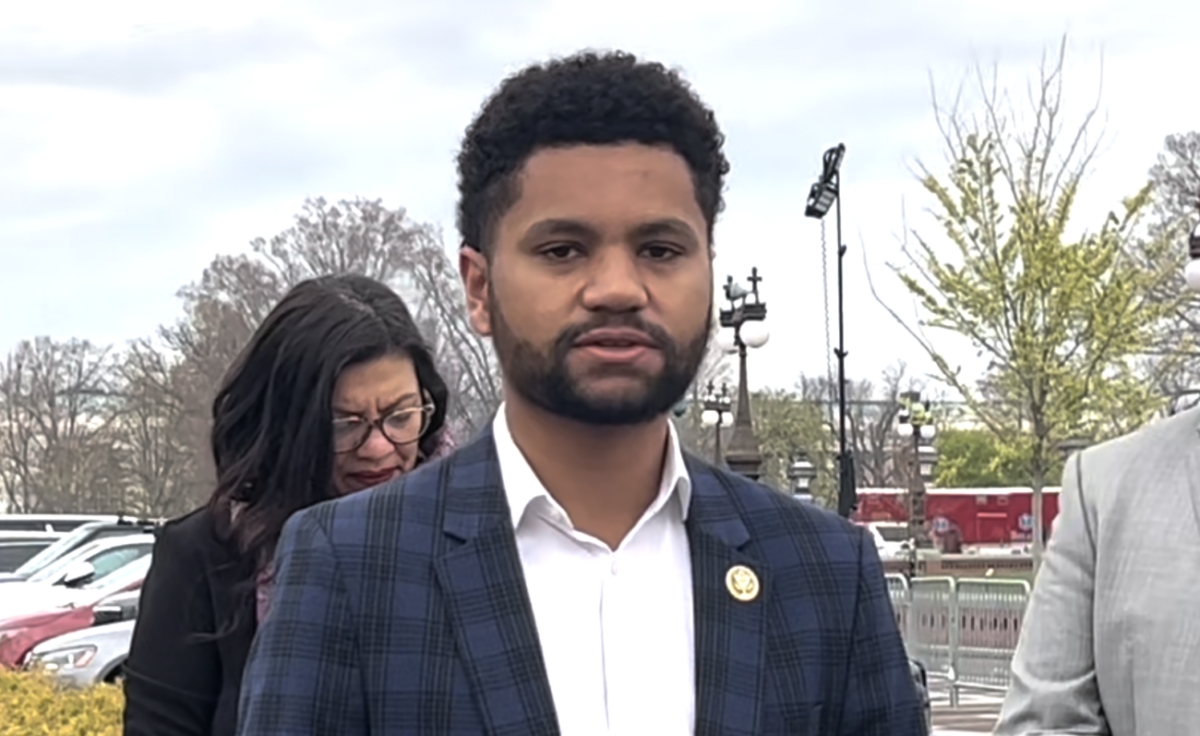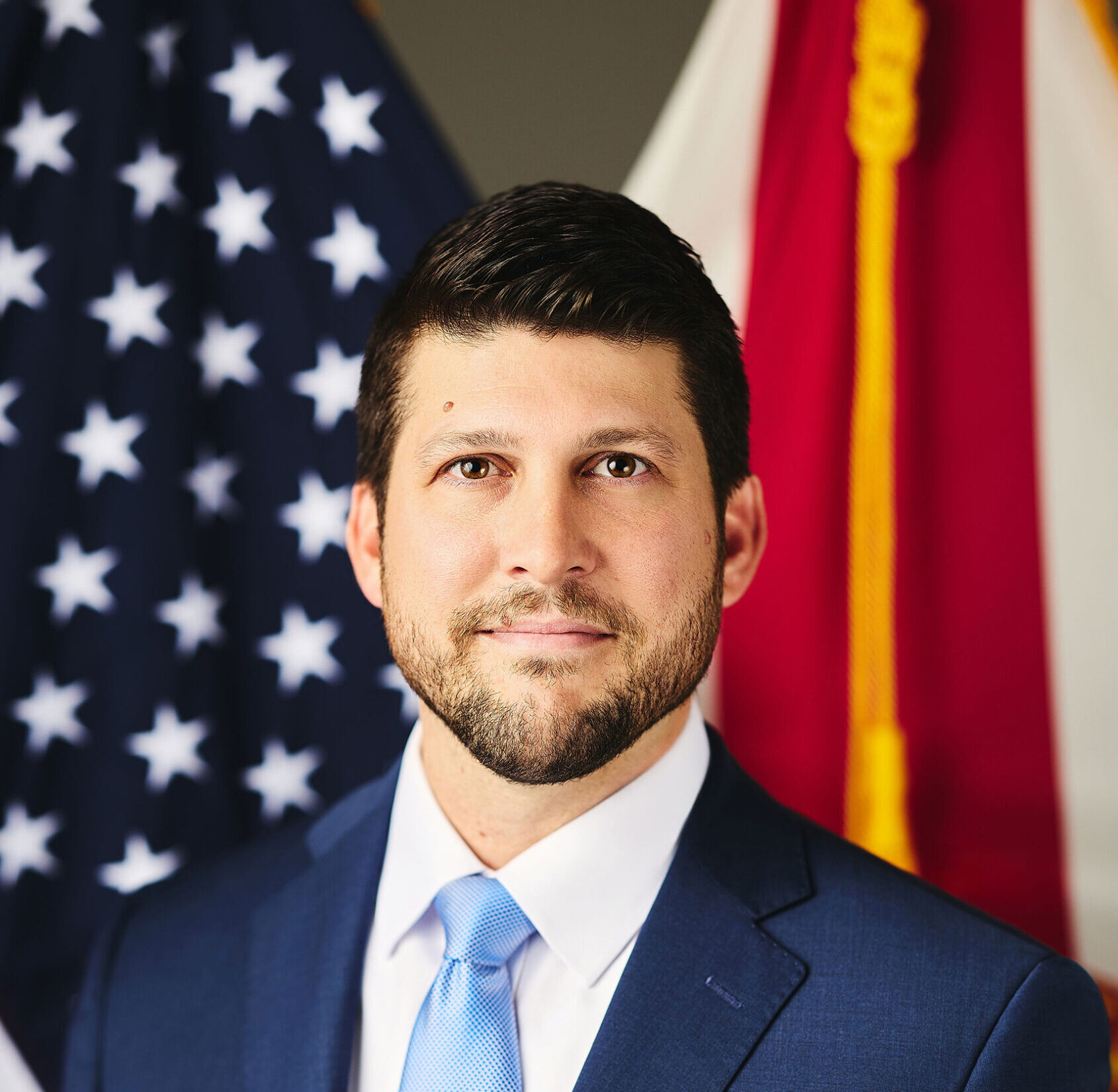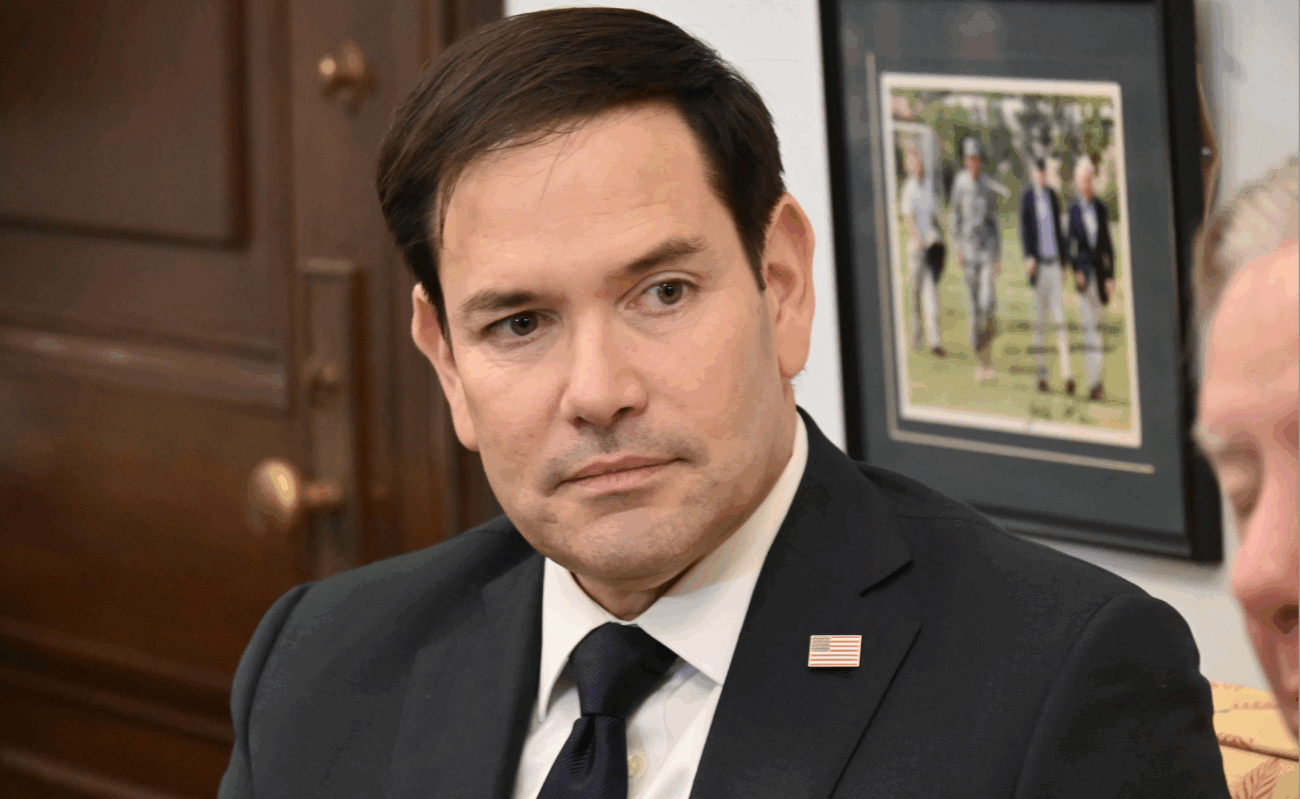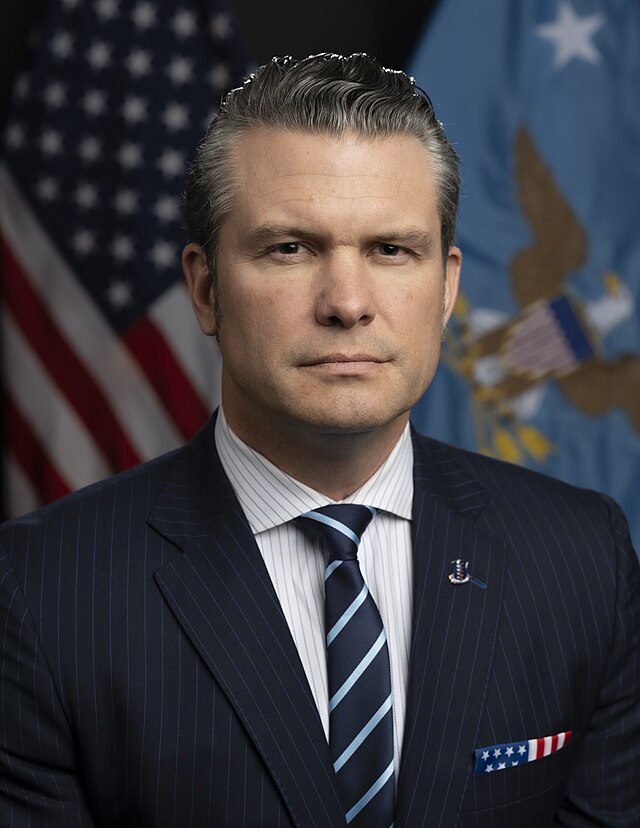TALLAHASSEE—Despite silence from the Florida Senate, the state House approved a bill on Wednesday requiring all private businesses to check their employees' immigration status using a federal database.
The measure expands current law to require all businesses to use the E-Verify database.
It follows a massive push from Florida lawmakers to crack down on illegal immigration and comes months after Gov. Ron DeSantis approved a sweeping package creating new penalties for illegal immigrants—with one noticeable exception:
The law did not target unauthorized migrants in the workforce.
And though Republican Reps. Berny Jacques and Kiyan Michael responded with their new E-Verify expansion bill, which passed in an 88-25 vote, it likely won't become law.
Why?
Because the Senate hasn't scheduled the bill for any committee hearings. And there's just one week left scheduled in the legislative session.
"Those who are voting down on this bill, who did you take an oath to? I'm sure it was not to people who are not able to vote for you," Michael said from the House Floor, retelling how her son was killed by an illegal immigrant who'd been deported twice.
HB 955 would require all private employers to use the E-Verify system, a database identifying new employees' immigration status. A business violating the law could have its license suspended and would have to pay $1,000 fine per day.
The House bill builds on a 2023 law mandating businesses with over 25 employees to use E-Verify to check immigration status. The Senate version, which hasn't had any hearings as of the 50th day of the 60-day legislative session, is a stronger version of Jacques's. Filed by Democrat Leader Jason Pizzo, his bill would revoke the licenses of noncompliant businesses and ban these violators from any future public contract in the state.
Illegal immigration came to the forefront of Florida political discussions in January, when DeSantis ordered a special session to align state immigration policy with newly-inaugurated President Donald Trump's. The rebellious legislature promptly closed out the governor's session minutes after it began, killing his bills, and started their own starring an immigration bill called the TRUMP Act.
DeSantis vetoed it, leading to a sweeping compromise package being signed into law after the third special session of the year. That law adopted portions of DeSantis's bills and the TRUMP Act, namely making it a state crime to enter Florida as an illegal immigrant, revoking in-state tuition waivers for undocumented college students, and mandating the death penalty for illegal immigrants who commit a capital crime.
Last week, a federal judge temporarily blocked Florida from charging illegal immigrants with the misdemeanors imposed in the new law. Attorney General James Uthmeier filed a brief Wednesday arguing that the court order does not apply to law enforcement agencies, and they should be allowed to enforce the immigration law.




